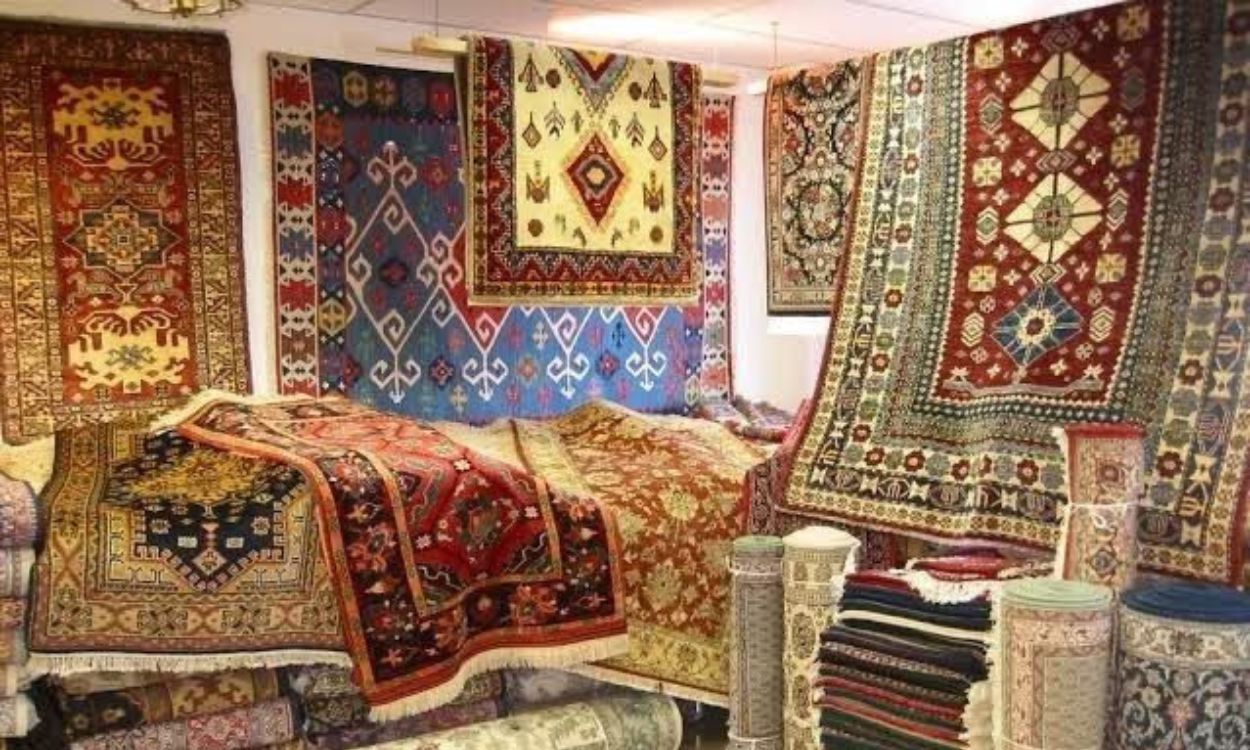Director H&H issues orders under Sections 6 & 7 of J&K Registration of Tourist Trade Act, 1978 against the seller for committing fraud with a tourist
Khan farooz cni
Srinagar, (cni): In a major crackdown on unfair trade practices threatening the very credibility of Kashmir’s world-famous handicraft and handloom industry, Directorate of Handicrafts and Handloom, Kashmir, has blacklisted and deregistered a craft showroom – The Kashmir Art Bazaar, Tangmar – after the showroom was found guilty of selling a machine-made carpet for ₹2.55 lakh to a tourist by fraudulently passing it off as a hand-knotted Kashmiri GI-certified product.
As per the Order No. 10-HD(QC) of 2025 dated 22.07.2025, issued by Director Handicrafts and Handloom, the seller used a fake QR label resembling the official label issued by the Indian Institute of Carpet Technology (IICT) to mislead the buyer into believing the carpet was a genuine GI-certified craft.
L “A formal criminal complaint has been ordered, and further legal proceedings have been recommended under the GI Act and Bharatiya Nyaya Sanhita,” a spokesman of the Handicrafts and Handloom Department, Kashmir revealed.
Meanwhile, a team from the Quality Control wing of the Department has reached Konchipora, Tangmarg and completed the blacklisting process of the showroom.
The matter came to fore after a tourist, Syed Furqan Alam, complained to Director IICT, Srinagar stating therein that he had paid ₹25,000 in advance for a carpet from The Kashmir Art Bazaar, located in Konchipora, Tangmarg, with the total transaction amounting to ₹2.55 lakh. The showroom allegedly presented a certificate and QR code claiming IICT certification. “Upon verification, IICT confirmed the QR label was forged and not issued by their institution. The case was escalated to the department’s Quality Control Division, which conducted a physical inspection, seized the carpet, and issued a show-cause notice to the proprietor,” the spokesman added.
The spokesman further stated that in his response, the proprietor denied the fraud, claiming the customer declined the purchase once told the carpet wasn’t GI-certified. “However, this was contradicted by photographic evidence submitted by the complainant, as well as findings from IICT that confirmed the fake label had been pasted onto a machine-made carpet,” he added.
